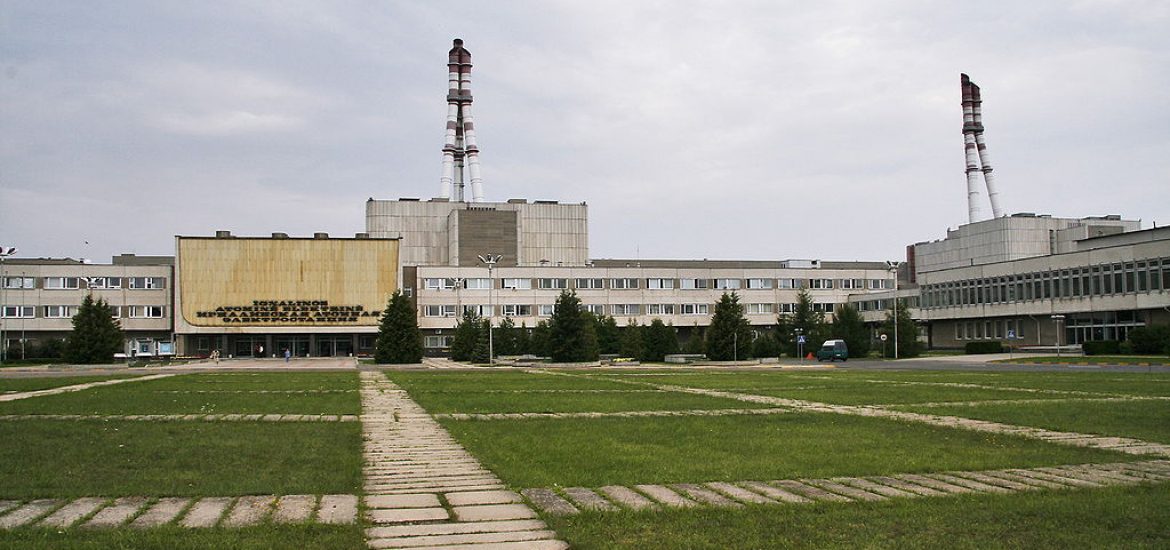
The European Commission has approved Lithuania’s auction scheme for renewable energy production as the Baltic state tries to weaken its power reliance on imports from Russia and Belarus.
The €385-million budget will come into effect from next week and include solar, wind and hydropower, the European Union’s executive branch said.
The EU funding directed to renewable energy producers must be worth no more than the difference between the average production costs of generating green energy and the market price of sustainable power.
The scheme, open to all renewable installations, is due to run until July 2025 or until the goal is reached.
Onshore wind power is used as a reference point when calculating the costs.
The funding limit has reportedly been set to encourage the production of renewable energy without distorting wider competition.
The commission assessed the scheme under EU state aid rules, in particular, under 2014 guidelines on state aid for environmental protection and energy.
The European Commission and Parliament are both pushing ahead with reform packages as the Europe-wide elections loom in late May, which might bring in an influx of populist MEPs, potentially altering the balance of power within the bloc.
“The installations benefiting from the scheme will receive support in the form of a premium, which will be set through a competitive bidding process for all types of installations, irrespective of the size of the installation and the renewable technology used,” Brussels said.
The level of premium, the commission said, would range from the reference electricity market price to a maximum level corresponding to the average production cost of the most cost-efficient technology in Lithuania, which would be determined by the National Commission for Energy Control and Prices in Vilnius.
“The aid is also proportionate and limited to the minimum necessary, as it only covers the difference between the production costs and the market price of electricity,” the commission told the media.
Lithuania is hoping to eliminate power imports by 2050. By 2030 the administration aims to halve imports, with two-thirds of its electricity consumption to be generated domestically. The authorities say around 35 per cent of Lithuanian power demand can be met by domestic generation from next year.
Margrethe Vestager, the European commissioner in charge of competition policy, said: “The scheme will contribute to Lithuania’s transition to low carbon and environmentally sustainable energy supply, in line with the EU environmental objectives and our state aid rules.”
The Ignalina nuclear power plant in Lithuania. Lithuania is trying to break away from its communist energy legacy. Picture credit: Wikimedia





